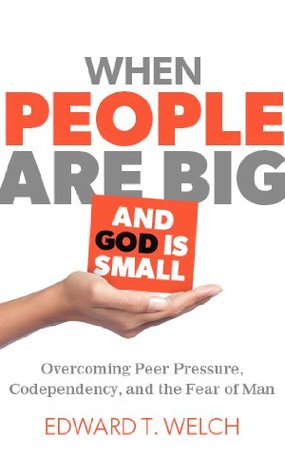More on this book
Community
Kindle Notes & Highlights
Read between
June 14, 2017 - February 1, 2018
We replace God with people. Instead of a biblically guided fear of the Lord, we fear others.
Shame, and its feeling of disgrace before God and others, surfaces in our culture as low self-esteem, with its feelings of worthlessness.
Low self-esteem is a pop version of biblical shame or nakedness. It is secularized shame.
That’s the paradox of self-esteem: Low self-esteem usually means that I think too highly of myself. I’m too self-involved, I feel I deserve better than what I have. The reason I feel bad about myself is that I aspire to something more. I want just a few minutes of greatness. I am a peasant who wants to be king. When you are in the grips of low self-esteem, it’s painful, and it certainly doesn’t feel like pride. But I believe that this is the dark, quieter side of pride — thwarted pride.
Anything that erodes the fear of God will intensify the fear of man.
It is possible that our present-day discussion about needs might be framed more by secular psychological theories than by Scripture.
Yet if our use of the term “needs” is ambiguous, and its range of meaning extends all the way to selfish desires, then there will be some situations where we should say that Jesus does not intend to meet our needs, but that he intends to change our needs.12
We need more sermons that leave us trembling.
We concentrate on actions and overlook attitudes.
If you want to know whether or not you fear God, note your reaction when good things are taken from you.
People-pleasers can mistake “niceness” for love.


